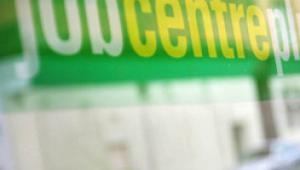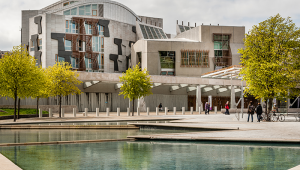By Keith Aitken in Edinburgh | 27 February 2013
Revenue income and spending by Scottish local authorities both fell slightly in the year to April 2012, while capital expenditure rose by more than £300m, according to the annual survey by the Scottish Government’s chief statistician.
The figures also show a marked rise in income from non-domestic rates between 2010/11 and 2011/12 – from £2.138bn to £2.252bn – despite the toll of the recession on businesses. This was mainly due to an inflation-linked rise in the charge from 40.7p to 42.6p.
On the revenue side of the accounts, both income and expenditure fell slightly, although from relatively high historic levels. Income was down in 2011/12 from £18bn to £17.9bn, though still significantly ahead of its 2007/08 level of £16.5bn.
Revenue spending on services fell more sharply, from £11.9bn to £11.5bn. Education continued to account for the largest share of net spending, at almost 40%, followed by social work at 25%.
Capital spending increased more markedly. Total spending from capital resources was up by £313m from £2.35bn in 2010/11 to £2.66bn in 2011/12. More than 80% of the money went on construction, enhancement or conversion of buildings.
General fund capital spending totalled £2.062m in 2011/12, with education again accounting for the biggest share (34%), followed by roads and transport at 23%.
Elsewhere, the figures show local authority revenue reserves standing at £1.75bn in March 2012, up by 12% or £0.19bn on the previous year’s figure. Capital reserves also grew by 12% across the year, from £0.51bn to £0.57bn.
Local Government Pension Fund income in the 2011/12 comfortably exceeded expenditure by £1.96bn to £1.28bn, though outlay has been rising over recent years due to increased levels of early and scheduled retirements.
The figures follow last week’s confirmation by Finance Secretary John Swinney that agreement has been reached with all 32 authorities on a sixth successive year of council tax freezes. Government support for the freeze in 2013/14 has been held at broadly last year’s level, although there is an extra £23m to offset UK government reductions in Council Tax Benefit.
Council tax income in 2011/12 was £1.9bn, excluding Council Tax Benefit. Despite the council tax freeze, income continues to rise slightly each year, reflecting a growth in the number of chargeable properties.





















